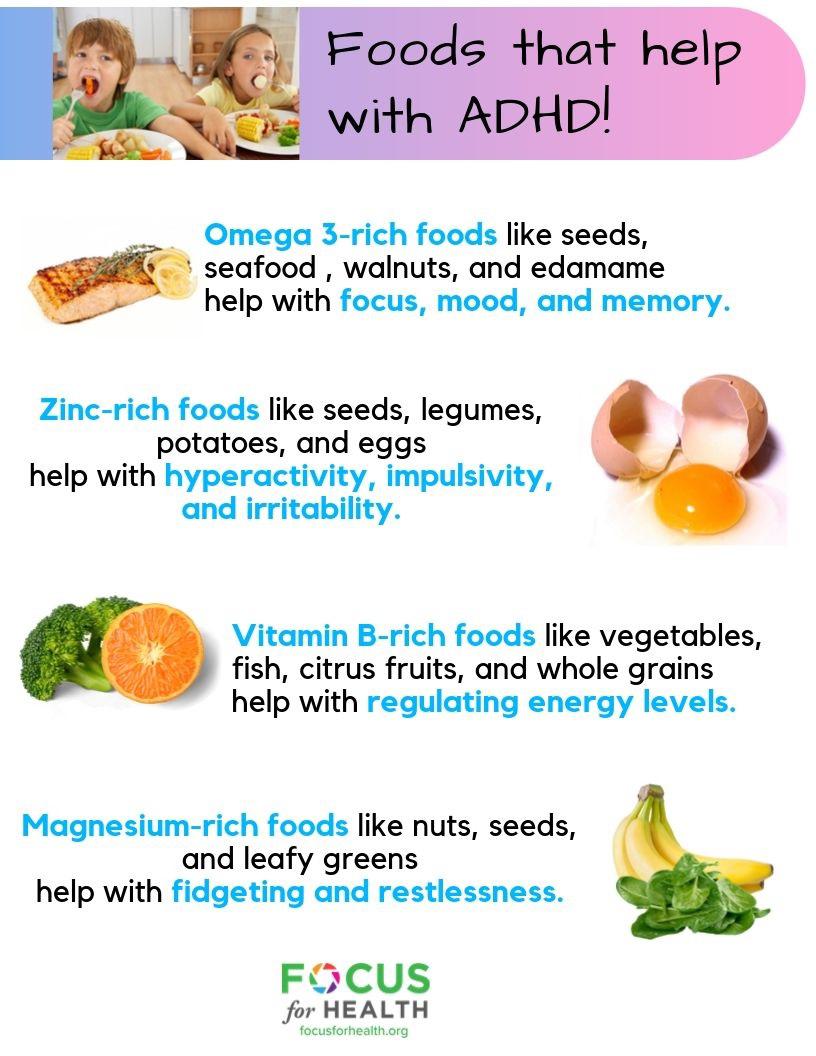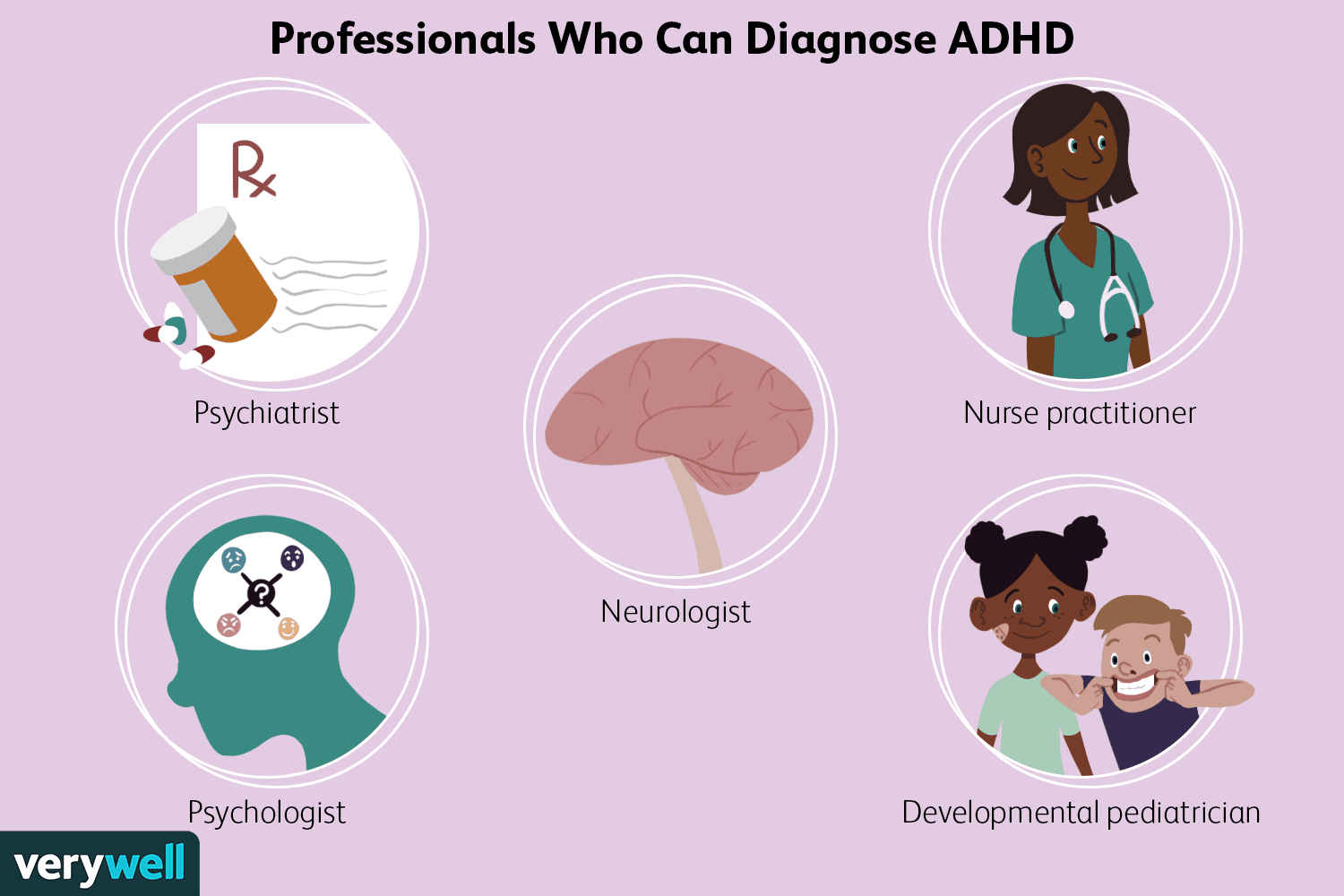
5 Signs You May Have ADHD as a Woman - Understanding the Often-Missed Symptoms and Challenges
January 13, 2024 - Reading time: 4 minutes
Attention Deficit Hyperactivity Disorder (ADHD) is often associated with children and boys, but it affects millions of adults as well. In women, ADHD can manifest differently than in men, leading to underdiagnosis and unique challenges that are not always easily recognized or addressed.

Nutrition and ADHD Connection: How Diet Impacts Symptoms for Better Management
January 13, 2024 - Reading time: 3 minutes
While medication remains one of the primary treatments for managing ADHD symptoms, research has shown that nutrition can play an essential role in improving or exacerbating these symptoms.

10 Essential Tips for Thriving with ADHD in the Workplace
January 11, 2024 - Reading time: 7 minutes
ADHD is characterized by difficulty concentrating, impulsivity, hyperactivity, and restlessness. These symptoms may manifest differently in each individual but can lead to difficulties with organization, time management, and prioritizing tasks.

7 Common Signs of Adult ADHD: Understanding Symptoms, Diagnosis, and Treatment
January 11, 2024 - Reading time: 10 minutes
Attention Deficit Hyperactivity Disorder (ADHD) is a common neurodevelopmental disorder that affects millions of people worldwide.

Understanding ADHD: A Comprehensive Guide for Parents - Symptoms, Diagnosis, and Management Strategies
January 11, 2024 - Reading time: 5 minutes
Attention Deficit Hyperactivity Disorder (ADHD) is a complex neurodevelopmental disorder that affects millions of children and adults worldwide.

Navigating the Right to Choose: Accessing ADHD and Autism Assessments
January 7, 2024 - Reading time: 4 minutes
Welcome to the comprehensive guide on accessing ADHD and autism assessments under the NHS Right to Choose framework.
About
You can read reviews online, check with the Better Business Bureau, or ask for references from people you trust. When you've narrowed down your options, contact the centre to ask about their process and fees. Once you've found a qualified assessment centre, they will be able to help you determine if your child has ADHD and develop a treatment plan.